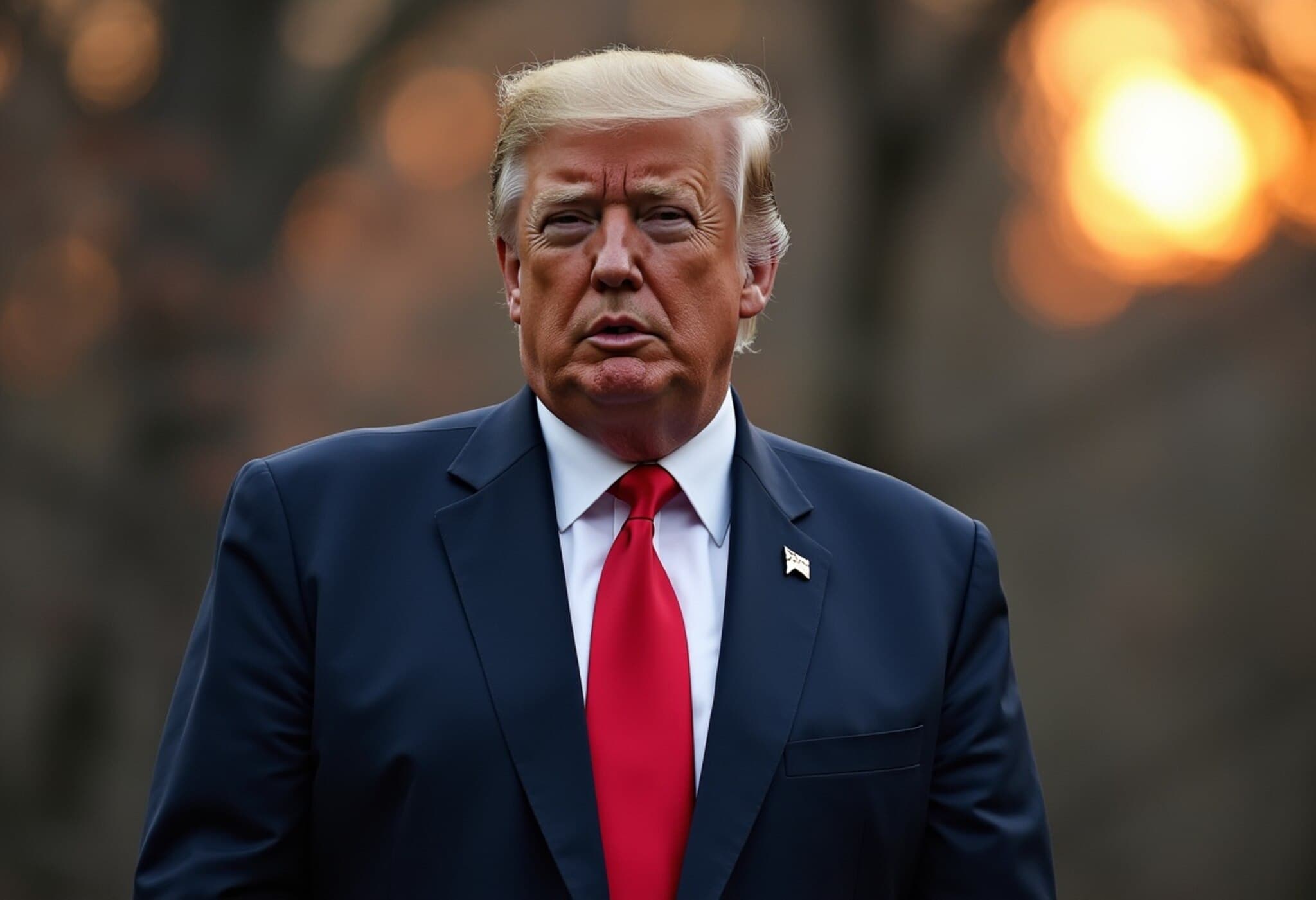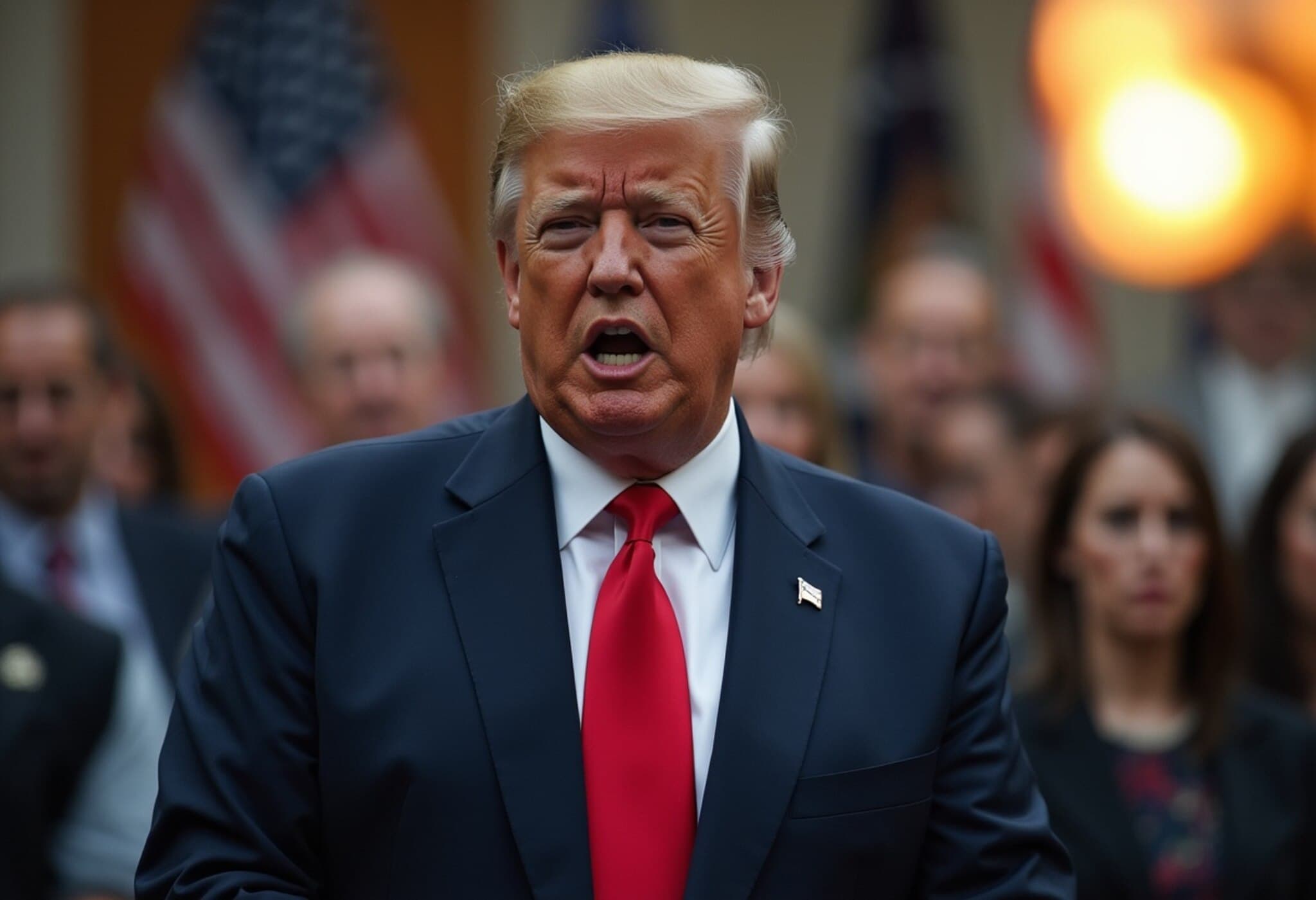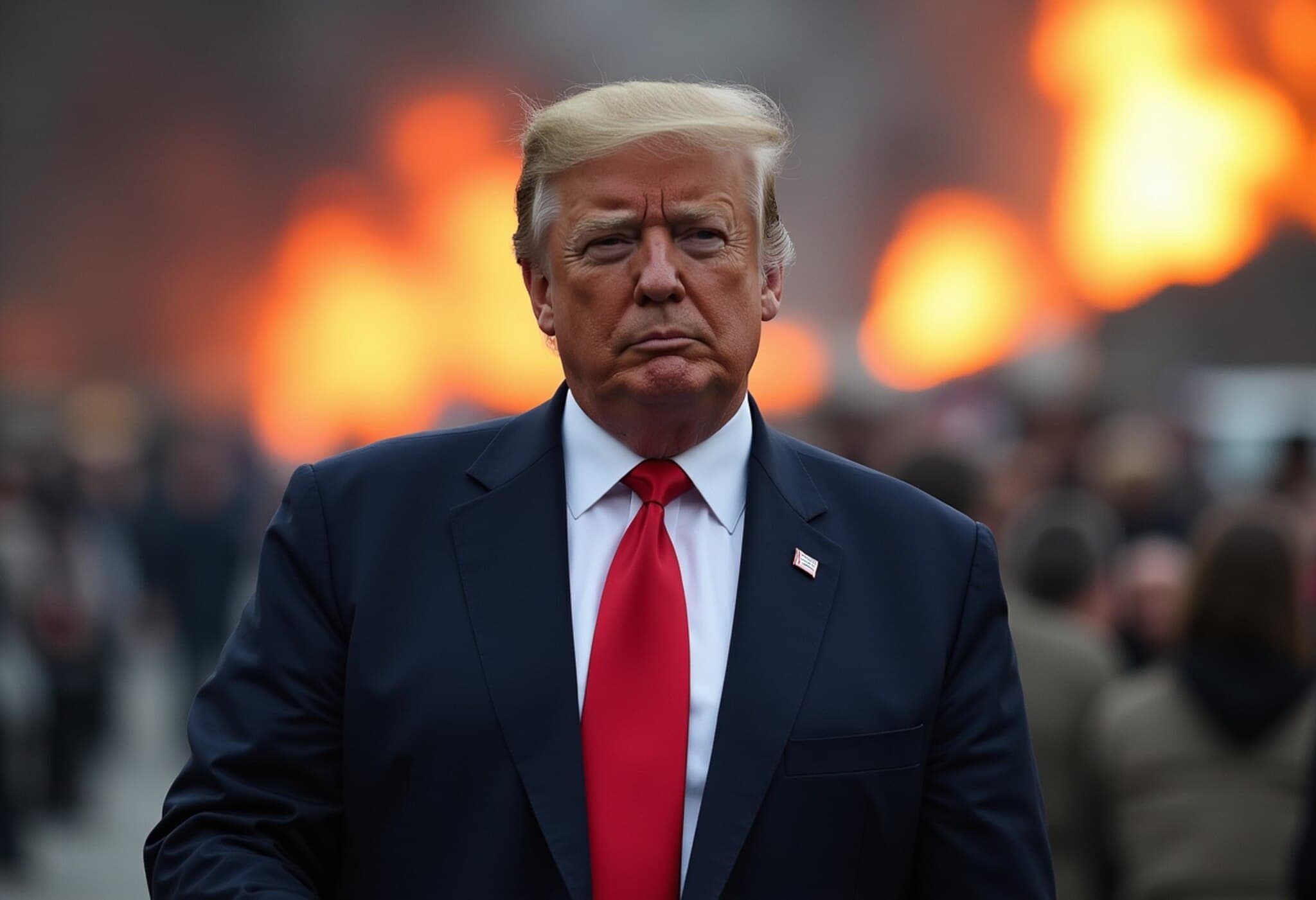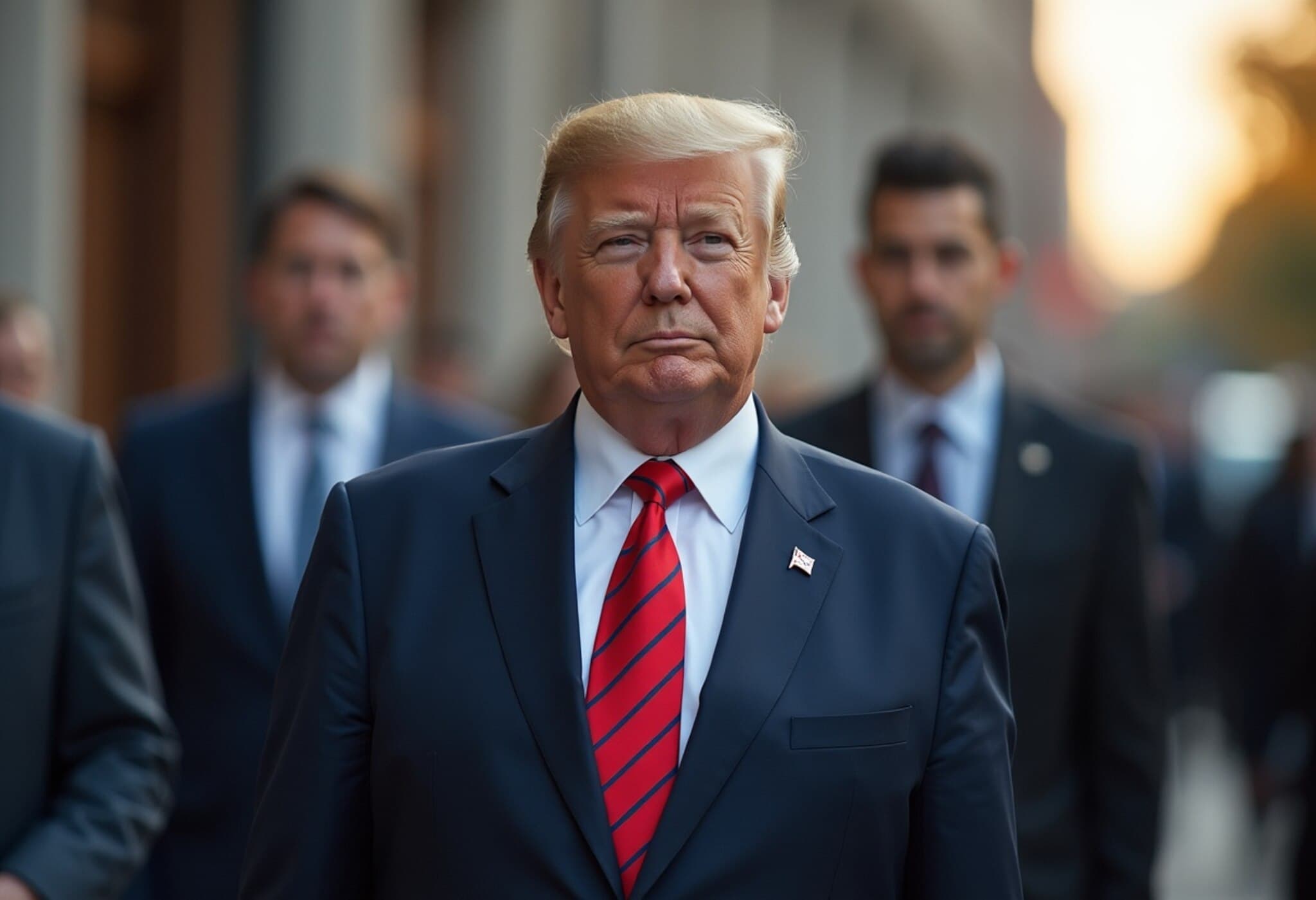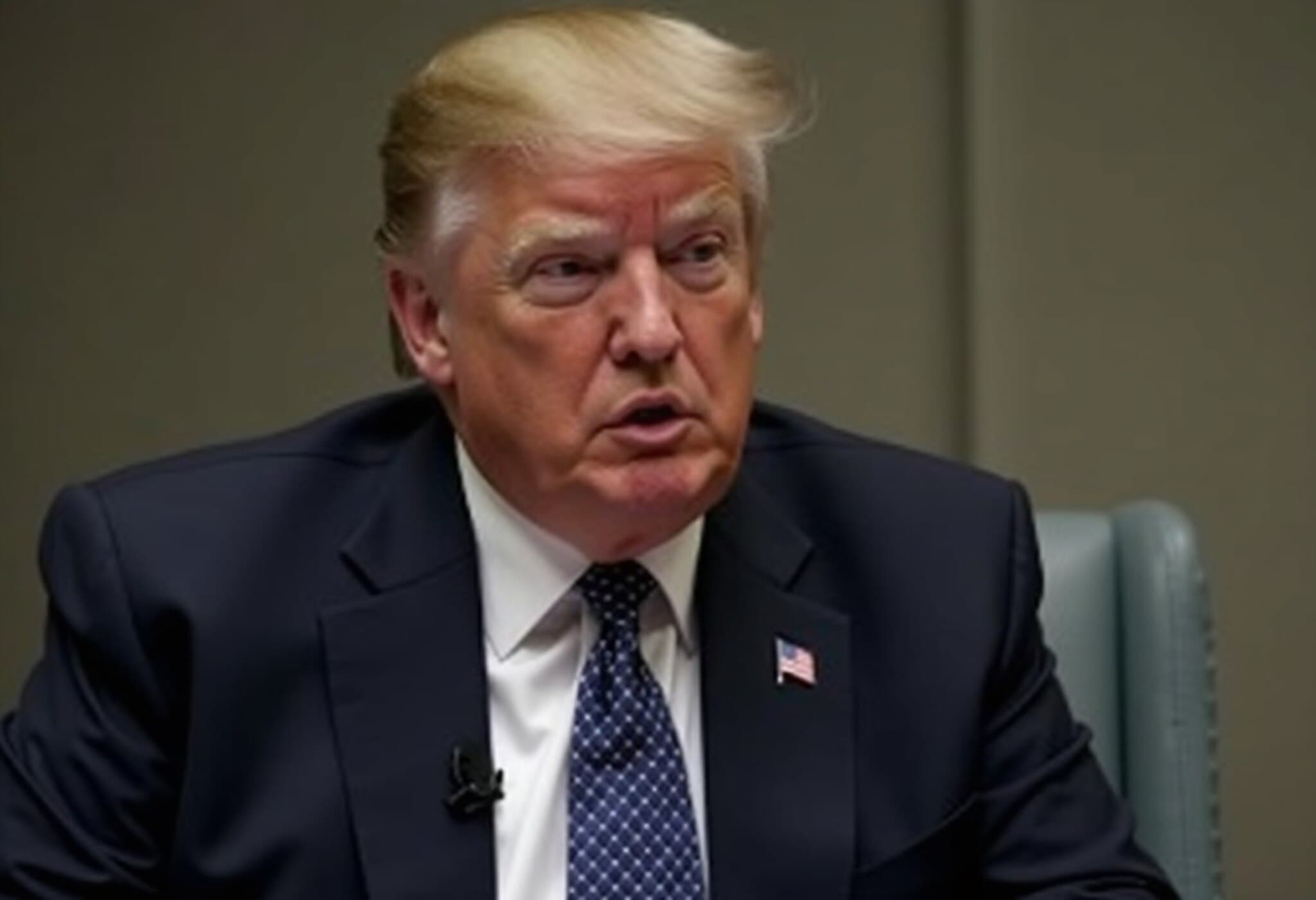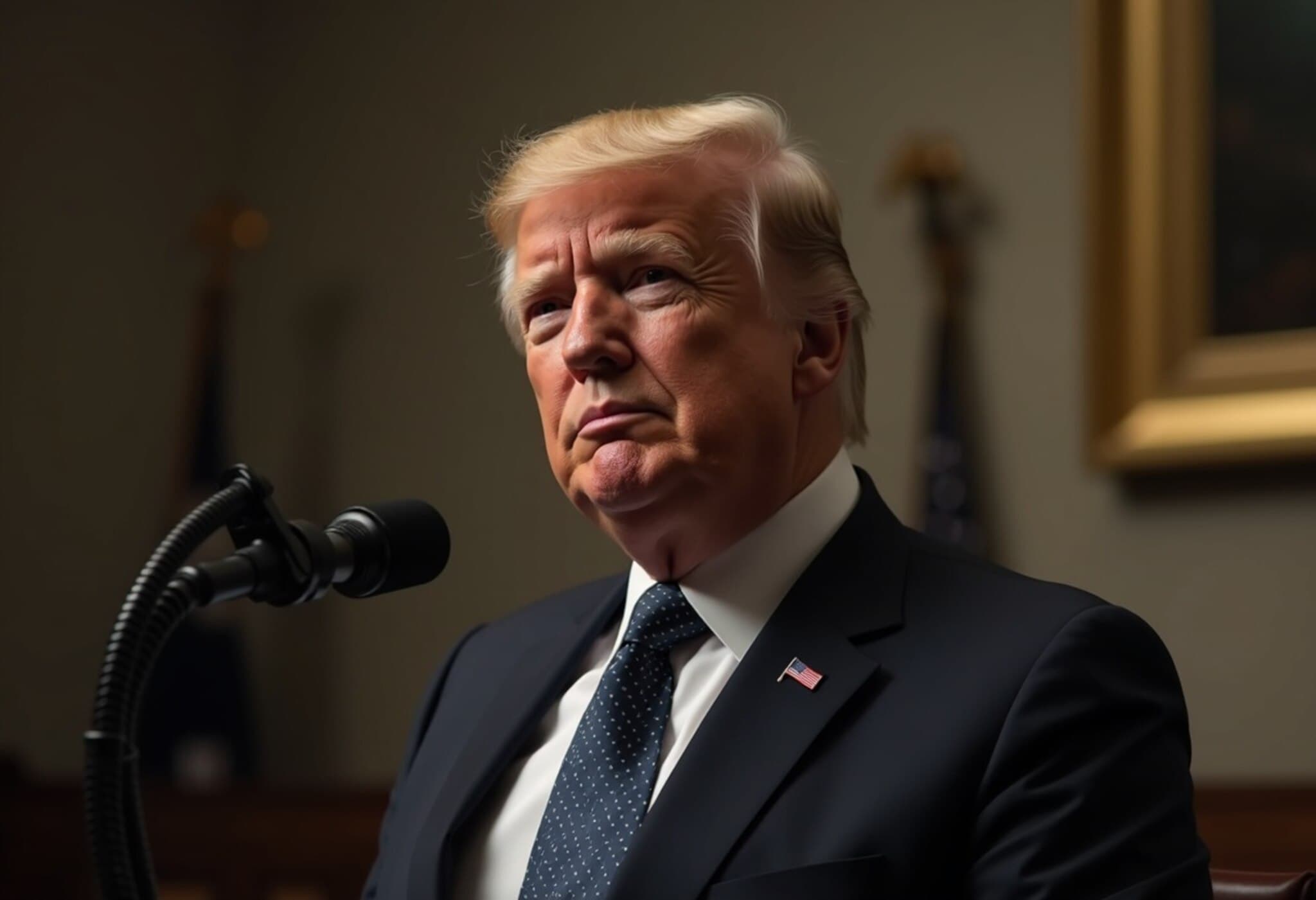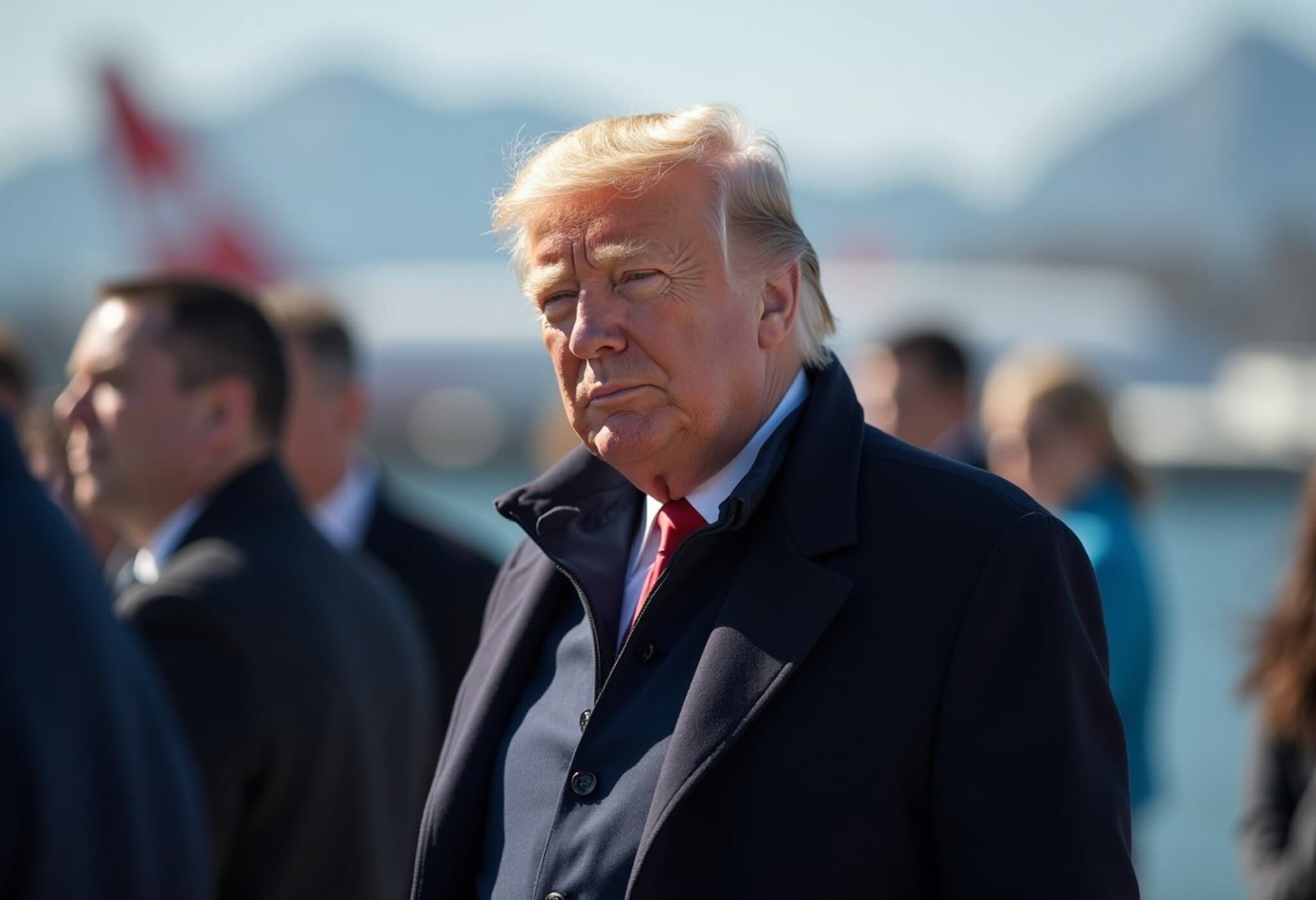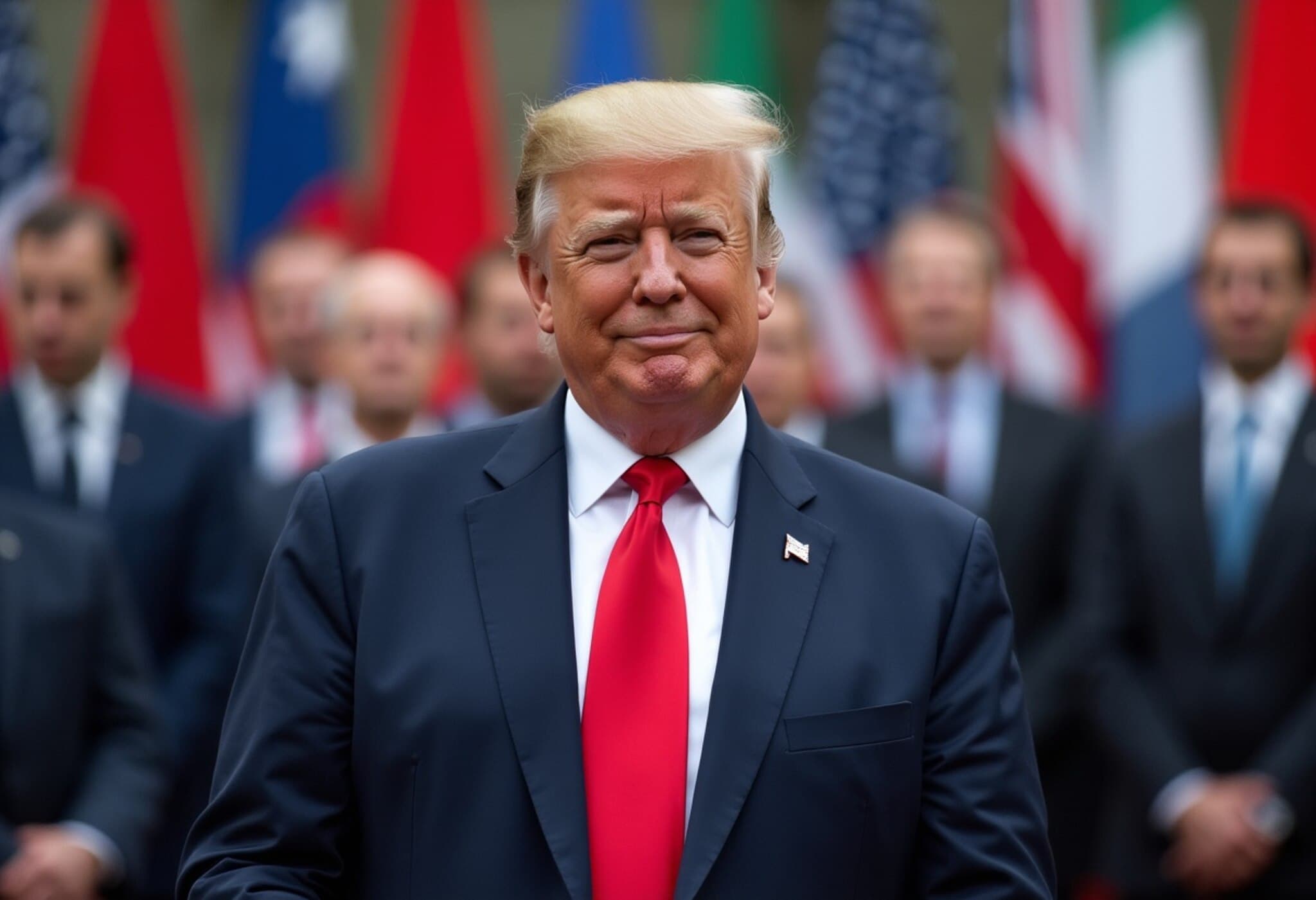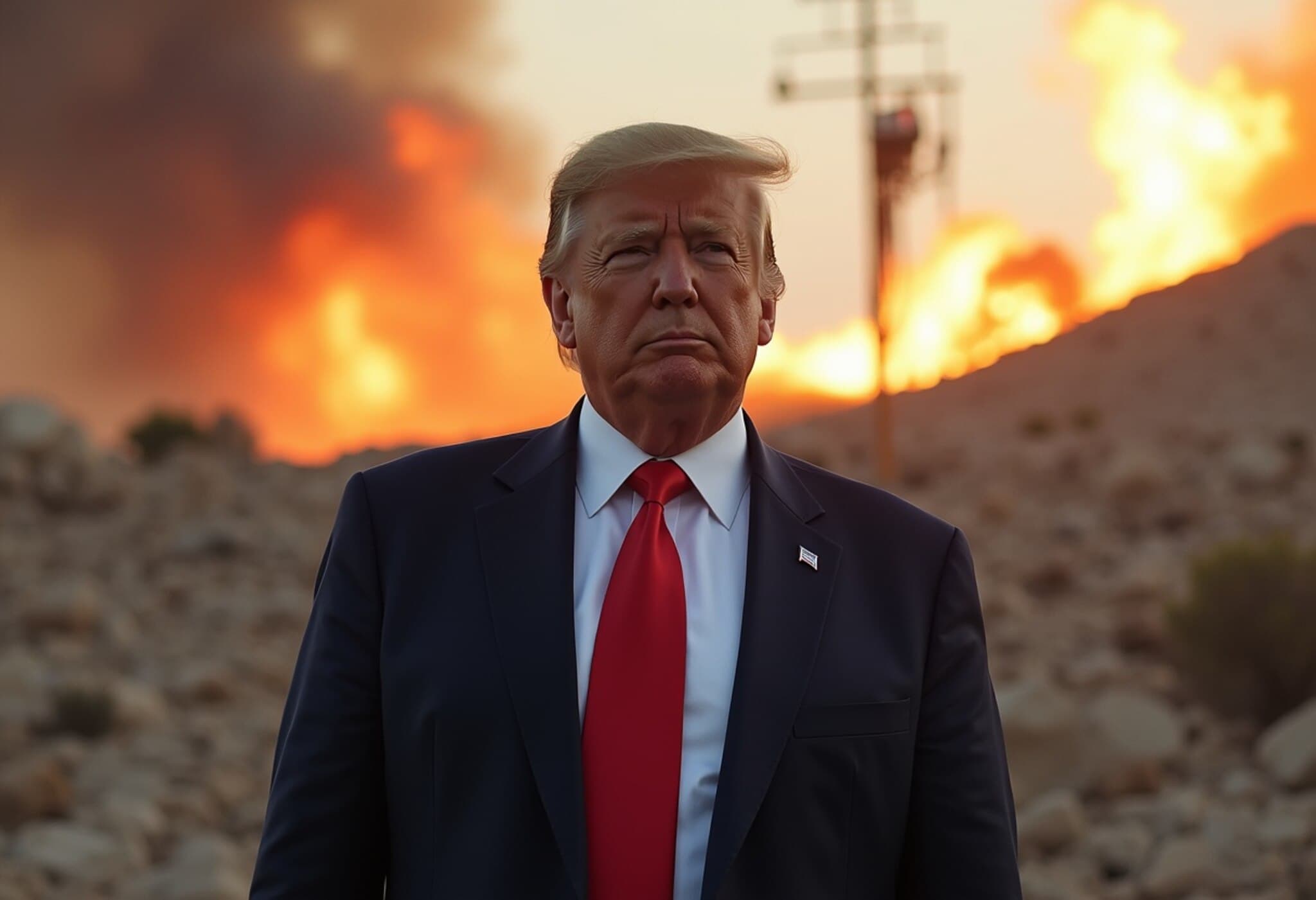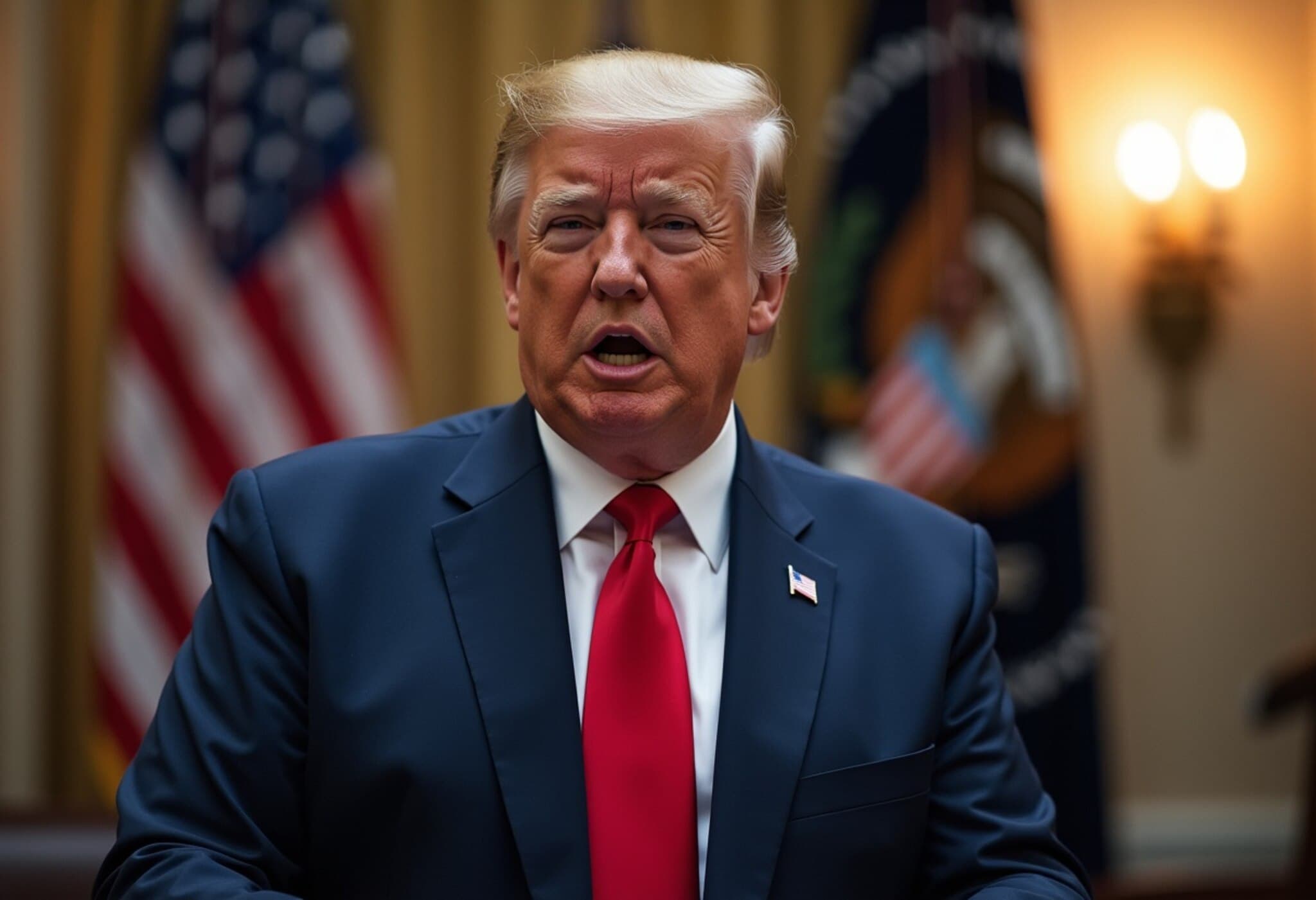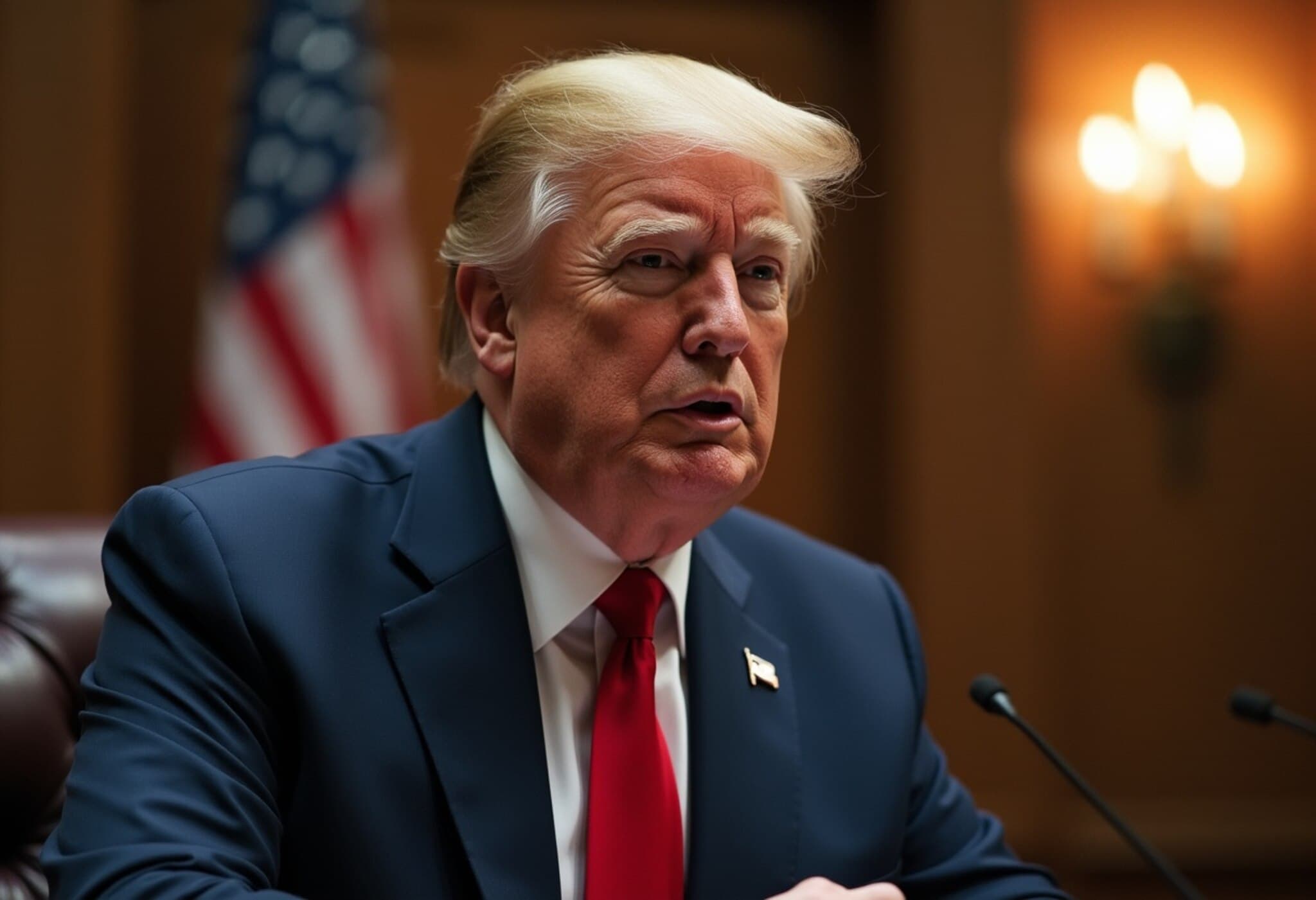Trump’s ‘Two Weeks’ Promise: Déjà Vu on Iran
US President Donald Trump recently announced that he would reach a decision on whether to take military action against Iran within the next two weeks. This timeline, revealed by White House Press Secretary Karoline Leavitt during a press briefing, sparked a wave of familiarity among observers who remember this exact phrase used repeatedly in previous administrations and by Trump himself.
The Elusive ‘Two Weeks’ Timeline
Leavitt quoted the president saying, “Based on the fact that there is a substantial chance of negotiations that may or may not take place with Iran in the near future, I will make my decision whether or not to go within the next two weeks.” Yet, for many, this timeline evokes skepticism more than certainty.
Looking back, Trump has frequently employed the same “two weeks” timeframe for numerous critical announcements—from policy decisions on health care and tax reforms to investigations and military strategies. In many cases, those promised deadlines came and went without concrete results.
What Does ‘Two Weeks’ Really Mean?
In substance, the phrase has morphed into a political placeholder rather than a firm deadline. It’s less a measurement of time and more a way to buy breathing space — a tactic to avoid immediate pressure while seeming to promise imminent action.
- "Two weeks" can mean a genuine upcoming decision.
- It can also mean indefinite delay.
- Sometimes it stands for a promise that will never be fulfilled.
In this light, the assertion to decide on Iran within two weeks blurs the line between commitment and postponement.
Press Challenges and Responses
During the briefing, reporters pressed Leavitt on Trump's credibility in sticking to this timeline, especially recalling his earlier similar promises on relations with Russia. Her response emphasized that each situation is unique, implying the Iran decision would not mirror previous delays.
Nevertheless, the exchange highlights a recurring theme: the difficulty of holding political figures accountable to vague timelines crafted for political expediency.
What Lies Ahead?
The world watches as tensions with Iran simmer, uncertain whether the US will take military action—or continue negotiating. For now, the much-discussed “two weeks” remains a waiting game, embodying the frustration many feel toward political rhetoric that often falls short of action.

